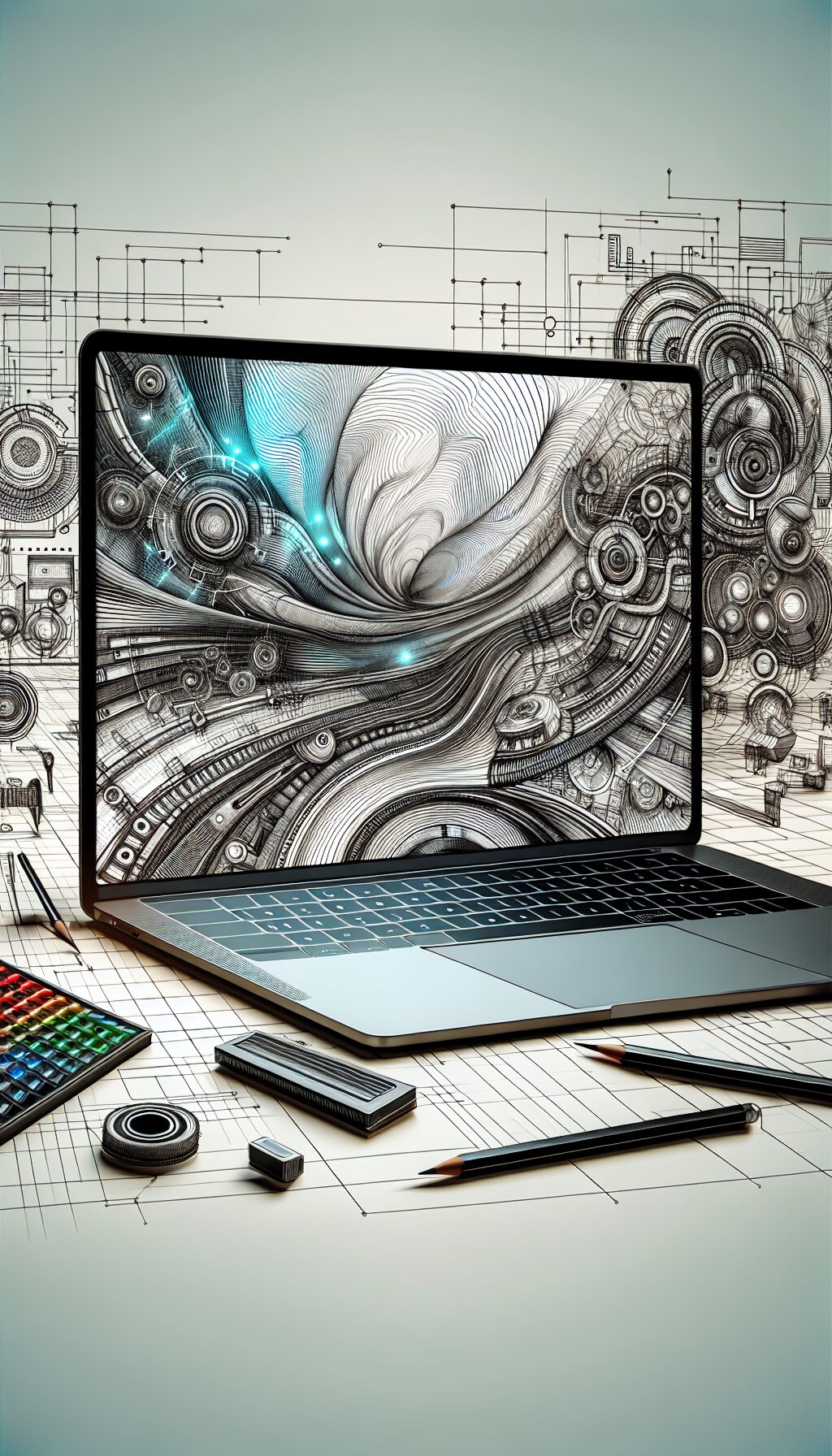A Brief History of AI Content Creation
The journey of AI content generation began decades ago, with early efforts centering around Natural Language Processing (NLP). In the 1950s, computer scientists like Alan Turing explored the concept of machines that could generate human-like text. Fast forward to the 21st century, and advancements in machine learning have led to an explosion in AI applications. Notably, models like GPT-3 from OpenAI, introduced in 2020, demonstrated a profound ability to produce culturally relevant and contextually appropriate texts, dramatically changing the landscape of content generation. These advancements have set the stage for how we interact with technology today, making it easier for individuals and businesses alike to create written material effortlessly.
Yet, while technology has certainly advanced, its essential to understand that AI content generation isnt without its challenges. The tension between creativity and algorithmic output remains a hot topic. Many believe that while AI can assist in generating content efficiently, it lacks the nuance and emotional depth often present in human-created works. This leads to an ongoing debate about whether AI is a tool meant to augment human creativity or a potential replacement.
Current Trends in AI Content Generation
The landscape of AI content generation is continuously evolving. Today, industries across various sectors are embracing these technologies to streamline their operations. According to recent statistics by Statista, the market for AI in content creation is projected to grow significantly, reaching over $1 billion by 2025. This growth reflects an increasing reliance on automation for tasks such as writing articles, creating marketing copy, and even generating social media posts.
Additionally, personalization powered by AI algorithms has become a prominent trend. Companies are utilizing machine learning to tailor content specifically for their audience based on previous engagements and preferences. This not only enhances user experience but also improves return on investment for marketing strategies. As businesses seek new ways to capture consumer attention in an oversaturated digital space, AI-generated content offers a fresh approach that caters to individual tastes.
Practical Applications Across Industries
Organizations are finding practical uses for AI-generated content across many sectors. For instance, in e-commerce, brands are employing AI to create product descriptions that adapt based on customer preferences and browsing behavior. This not only saves time but also enhances customer engagement by providing tailored information that resonates with specific audiences.
In the world of journalism, news agencies are utilizing AI to generate reports on financial data or sports highlights quickly. While some may argue that this diminishes the role of human journalists, it allows them more time to focus on investigative reporting and storytellingelements where human insight is irreplaceable. As technology progresses, we can expect even greater innovations in how industries leverage AI for efficiency and effectiveness.
Challenges in the Realm of AI Content Generation
Despite its many benefits, the rise of AI content generation introduces a complex array of challenges. One of the primary concerns revolves around authenticity and credibilityhow can consumers trust the information produced by algorithms? Instances of misinformation generated by AI have raised eyebrows and urged developers to implement safeguards. Moreover, plagiarism detection remains crucial; while AI can mimic styles and formats fluently, ensuring originality poses a significant hurdle.
Another challenge is the ethical implications surrounding employment and creativity. As businesses increasingly utilize these tools for speed and cost-effectiveness, theres a growing concern about job displacement for writers and creative professionals. Balancing technological advancement with preserving human creativity is vital as we step into this uncharted territory.
The Future Outlook: Collaboration or Competition?
Looking ahead, the future of AI content generation seems poised for further evolutionboth as a collaborator and a competitor with human creativity. Some predict a hybrid model where humans and AIs work together, combining the efficiency of technology with the emotional intelligence and unique perspectives of human creators. This collaboration could lead to a renaissance of sorts in creative fields.
However, debates remain about ownership rights over AI-generated content and how copyright laws will adapt to include these new technologies. As developers continue improving these systemsallowing them to understand context better and emulate emotionthe question becomes whether society will embrace or resist this transformation. One thing is certain: as long as humans crave stories and ideas, there will be space for creative expressionwhether penned by a person or programmed by an algorithm.
Notes
- The market for AI in content creation is projected to reach over $1 billion by 2025 (Statista).
- A significant percentage of businesses report increased efficiency after implementing AI tools.
- Studies show that personalized marketing efforts can increase engagement rates by up to 30%.
- Over 60% of journalists believe that AI will impact their roles but see it as a complementary tool rather than a replacement.
- AI-generated articles have been estimated to make up 10% of all online articles published today.

